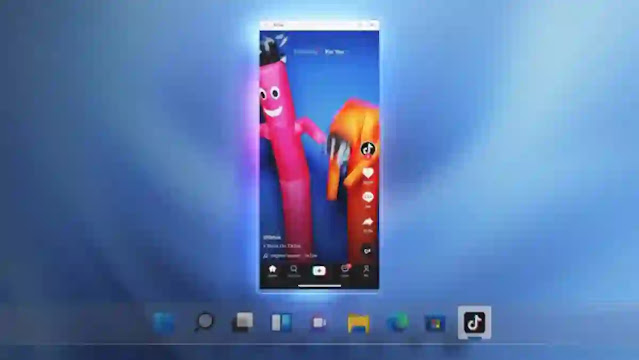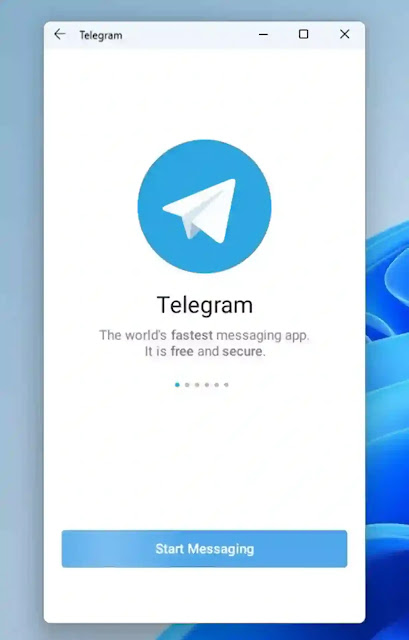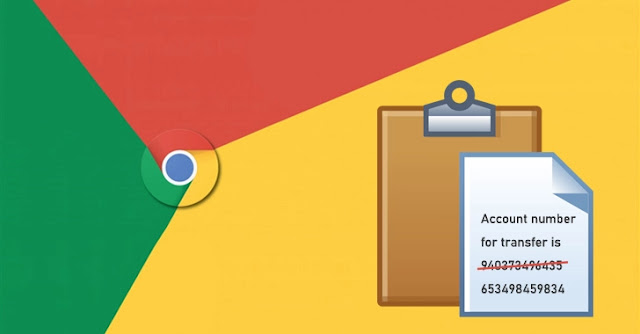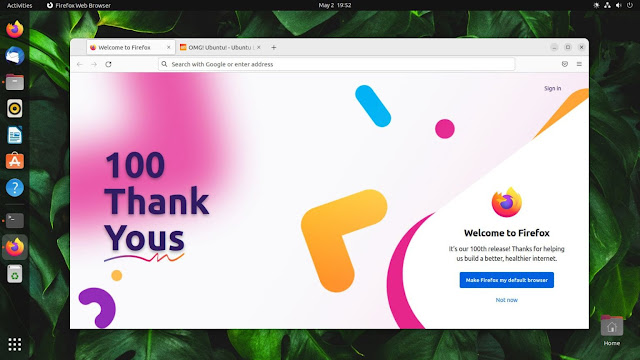How to Android apps now run faster on Windows 11
With Windows 11 version 21H2 or newer, it is possible to run Android apps natively on a computer. Running Android apps on Windows 11 enhances the overall experience, giving users the chance to smoothly use their mobile apps or games on the desktop. It also makes Windows 11 much more useful for mobile users.
Android apps now run faster on Windows 11


Here’s a list of all bug fixes and improvements:
- Microsoft released reliability fixes for App Not Responding (ANR) errors.
- Input compatibility shims and scrolling is now smoother in apps.
- Microsoft fixed an issue that crashes WSA when copying and pasting extremely large content Better controls UX for game dialog.
- Networking is also slightly faster.
- There are general graphics improvements which means you’ll notice FPS improvements if you play games.
- Better gamepad integration, especially when using multiple apps.
- Apps can now be removed quickly.
- Chromium WebView 104 support added.
- Fixed video playback issue for apps, improvements to Linux kernel.
Remember that WSA is officially available in the United States and Japan. If you want to download the update right now, join the Release Preview Channel and switch the localization to the United States.
You can switch back to the local region after downloading the update.
It’s worth noting that WSA is still a work in progress and it’s likely to become more strong in a couple of months.
For those unaware, this isn’t the first time that the tech giant has tried to bridge the gap between Android OS and Windows. Back in the days of Windows Phones, Microsoft managed to port Android apps to Windows Phones via its “Astoria” bridge project.
Like WSA, the Astoria Android project worked pretty well, but the company later shelved the idea as it could have slowed down Microsoft’s own Universal Windows Platform (UWP) push.







